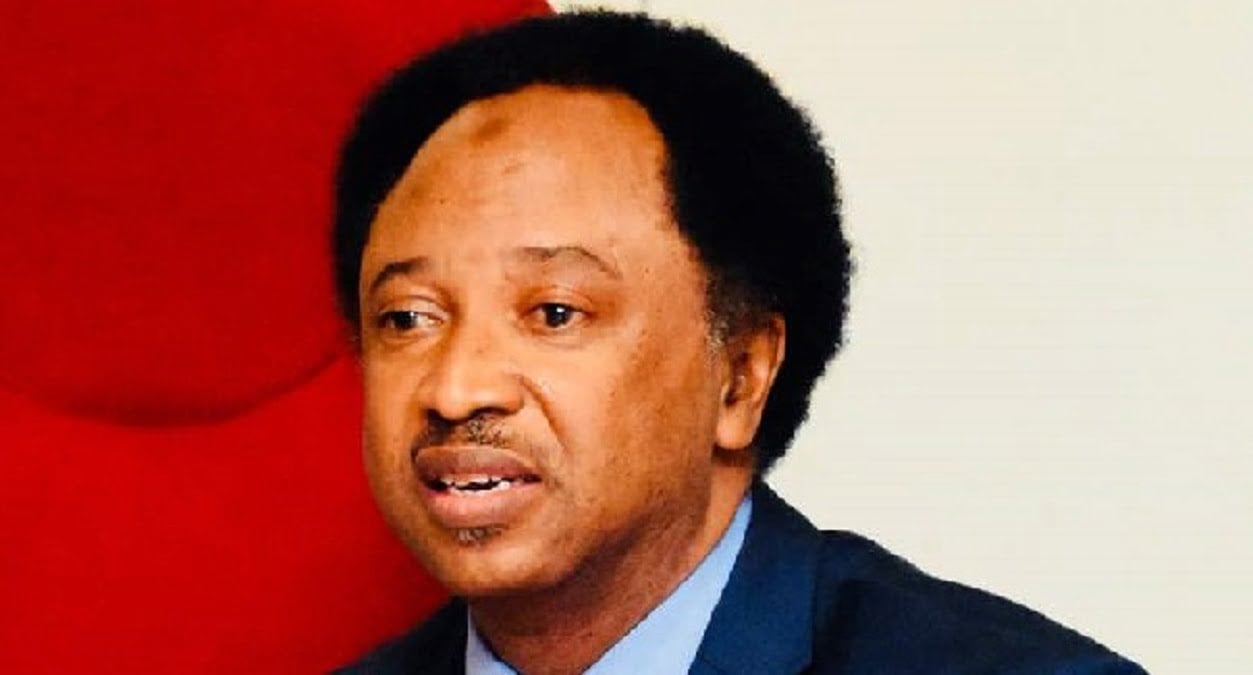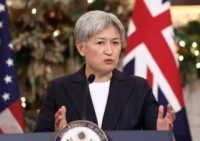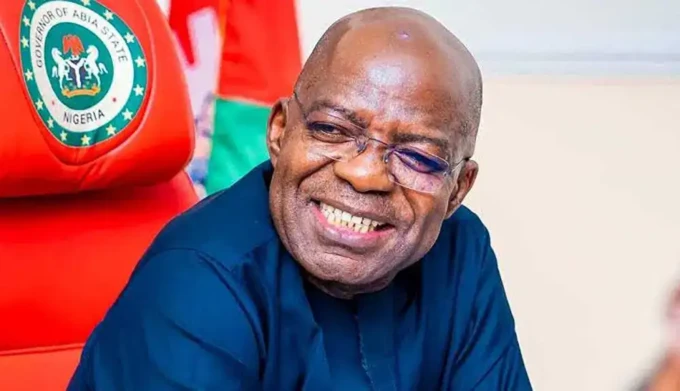Former Kaduna Central Senator Shehu Sani has stated that President Bola Tinubu’s unpopularity will persist until his economic reforms yield tangible benefits for Nigerians. Speaking on Channels TV’s Politics Today on April 17, 2025, Sani argued that Tinubu is pursuing a long-term vision for Nigeria’s future, knowingly sacrificing short-term public approval. His remarks highlight the challenges of implementing controversial policies amidst widespread economic hardship, while also contrasting Tinubu’s openness to criticism with the political culture under former President Muhammadu Buhari.
Sani emphasized that Tinubu’s reforms, such as the removal of fuel subsidies and the floating of the naira, are deliberate but unpopular choices. “Tinubu is embarking on a project he knows very well he will be unpopular,” he said, noting that leaders face a dilemma: “Please people by doing what they want, or look at the future of the country and risk losing popularity or votes to achieve it.” Since taking office in 2023, Tinubu’s policies have triggered soaring inflation and living costs, sparking protests and criticism, as seen in Nigeria’s 64th Independence Day demonstrations in October 2024. Sani urged patience, suggesting that positive outcomes, if achieved, could shift public perception.
Drawing from his parliamentary experience, Sani contrasted Tinubu’s tolerance for dissent with Buhari’s era, where regional loyalty often stifled critique. “When I stood up in the parliament to speak about the insecurity in the North, I faced serious resistance from senators from northern Nigeria,” he recalled. “You were expected to be quiet because the president came from your region.” Tinubu, however, has faced criticism even from his South-West base, which Sani praised as a new standard in Nigerian politics, fostering freer discourse. This openness, he argued, distinguishes Tinubu’s leadership, though it amplifies the public’s vocal discontent.
The former senator’s comments come amid broader critiques of Tinubu’s governance, including allegations of nepotism in appointments, which Sani addressed in the same interview. He cautioned Tinubu against favoring his Yoruba ethnic group, citing Buhari’s administration, where Katsina State alone held around 30 federal posts, as a worse example of favoritism. Posts on X, including from @channelstv and @dailypost_ng on April 17-18, 2025, amplified Sani’s remarks, reflecting public engagement with his call for patience and accountability. However, skepticism persists, with some Nigerians, like Lagos resident Michael Olaleye quoted by Reuters in October 2024, doubting the reforms’ efficacy due to their immediate hardships.
Sani’s analysis underscores the delicate balance Tinubu must strike. While his administration claims progress, such as improved security in Kaduna and Abuja compared to Buhari’s tenure, ongoing violence in Plateau and Benue, with over 100 killed recently, challenges these assertions. As Nigeria grapples with economic strain and security threats, Sani’s call for patience hinges on whether Tinubu’s reforms can deliver before public frustration boils over.












I disagree, Tinubus unpopularity is not solely due to delayed reform results. There are multiple factors at play here.
I respectfully disagree with the articles assertion. Tinubus popularity may not be solely tied to reform results but a combination of various factors.
I disagree! Tinubus popularity isnt solely tied to reform delays. Many factors at play here. Lets discuss more!
I disagree, Tinubus popularity isnt solely tied to reform delays. There are many factors at play here. Lets discuss!
I disagree, Tinubus popularity is not solely tied to reform results. There are many factors at play here.
I think its unfair to solely blame Tinubu for delayed reforms. There are many factors at play here. Lets consider the bigger picture.
I disagree, Tinubus popularity isnt solely tied to reform delays. There are multiple factors at play here.
I think blaming Tinubus unpopularity on delayed reform results is too simplistic. There are likely multiple factors at play.